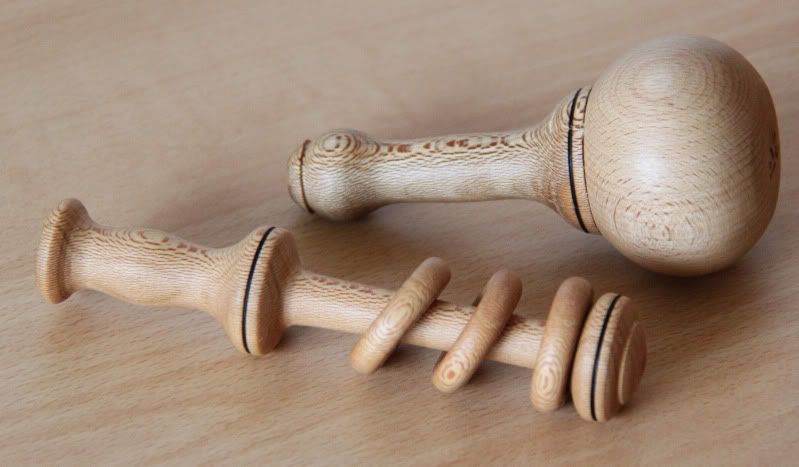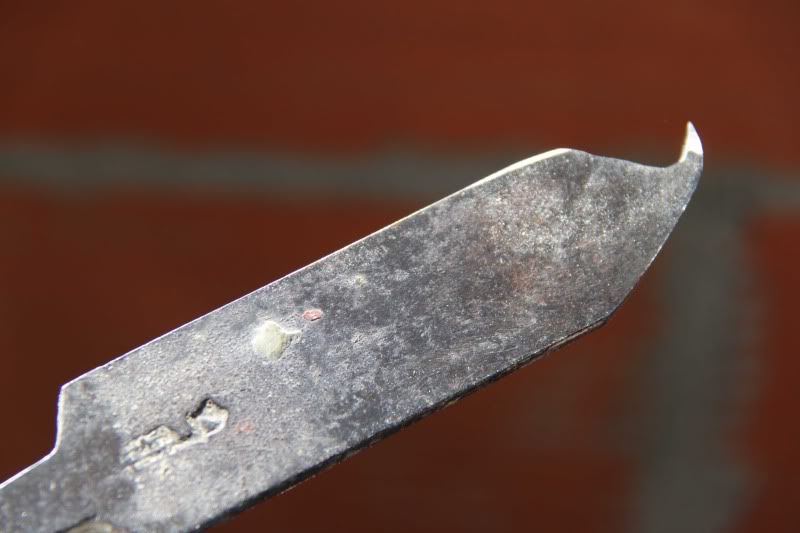Hiya, I would like to make a babies rattle for a friends little one but I am a very concerned with wood choice and finish, especially as I can foresee the baby putting it into her mouth!
Which woods would you recommend for this type of project? I have some Maple left over, which seems quite nice when finished, but is it safe enough for little mouths?
I was also considering using food safe finish, would this be okay, or is there a better alternative?
Any advise would be really appreciated.
Cheers David
Which woods would you recommend for this type of project? I have some Maple left over, which seems quite nice when finished, but is it safe enough for little mouths?
I was also considering using food safe finish, would this be okay, or is there a better alternative?
Any advise would be really appreciated.
Cheers David







































